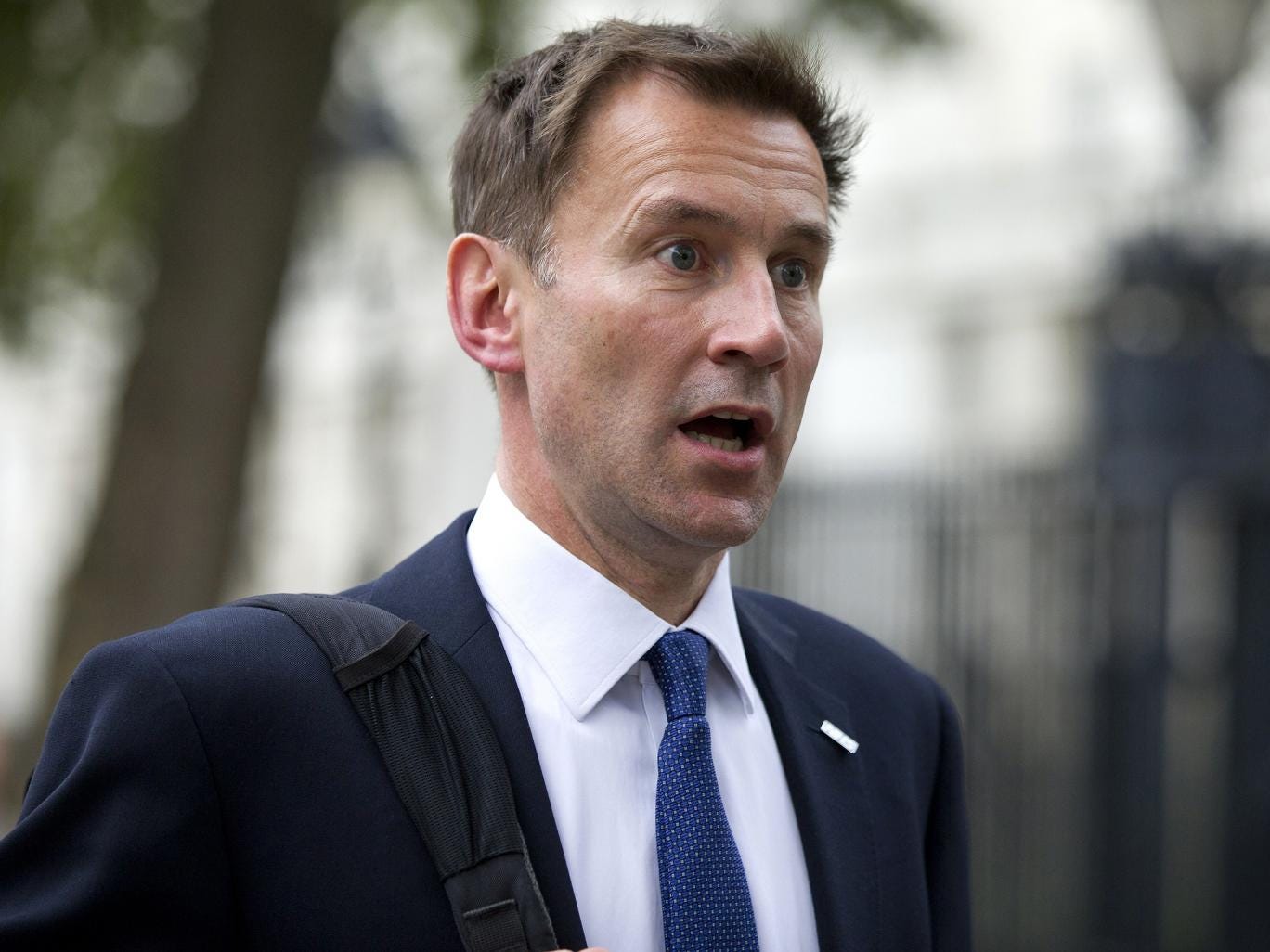It has become apparent that
health policy is a murky and intriguing world.
After the election, the bastard
Tory Government and Health Secretary Jeremy Hunt felt mandated to introduce a
seven-day NHS, as mortality rates at the weekend are considerably higher than
those during the week and they wanted to rectify this – the murderous villains.
Furthermore, they followed up a promise to invest upwards of £8bn pounds in the
health service so that Simon Stephens, Chief Executive of NHS England, could
impose his plan to “save the NHS”.
Unfortunately, as a consequence
of all this, a new contract for Junior Doctors was introduced, and its details
were controversial. Basically, if you were a JD, you could be expected to work
for up to 15 hours as your normal working time, Monday-Saturday. There were
worries about the quality of service that this quantity of hours would provide,
and about morale within the NHS. Furthermore, when the Government invited the British
Medical Association to talks over the new contract, they were told that 22 out
of the 23 points were non-negotiable. Which was Jeremy being a classic Hunt,
and served to alienate the BMA.
Nevertheless, the BMA did some
spinning of its own. Before any figures were announced, they posted a
calculator on their website announcing that members would see their pay reduced
by 30%. A claim for which they had no evidence. And when the Department of
Health did issue figures, they also put out a guarantee that any individual’s
pay would not go down, apart from those who are already working unsafe levels
of overtime – one of the doctors’ concerns about the new contract.
No matter though, and the BMA
issued a ballot on strike action. At the eleventh hour, the Health Secretary
announced a new contract offer with a headline grabbing 11% increase to the
basic rate of pay and invited the BMA to come to the table for talks; and offer
which they refused. A phrase comes to mind involving horses, stable doors and
bolting.
Now we have the results with 98%
of those balloted supporting a strike which can only impact one group of
people: patients. Jeremy Hunt is, at present, refusing to go to talks at the
conciliatory service ACAS.
So, here we are. The Health
Secretary has been stubborn and evasive. The BMA has been economic with the
truth and evasive. There maybe a genuine wish to protect the sick from both sides,
and both may want a better health service. But rather than meet in the middle,
both appear to have dug in their heels and now patients from the 1st
December can expect a lower quality of care – and it won’t even be a weekend.
One thing does seem to be clear in this murky
and intriguing world: nobody is really coming out well from this.

No comments:
Post a Comment